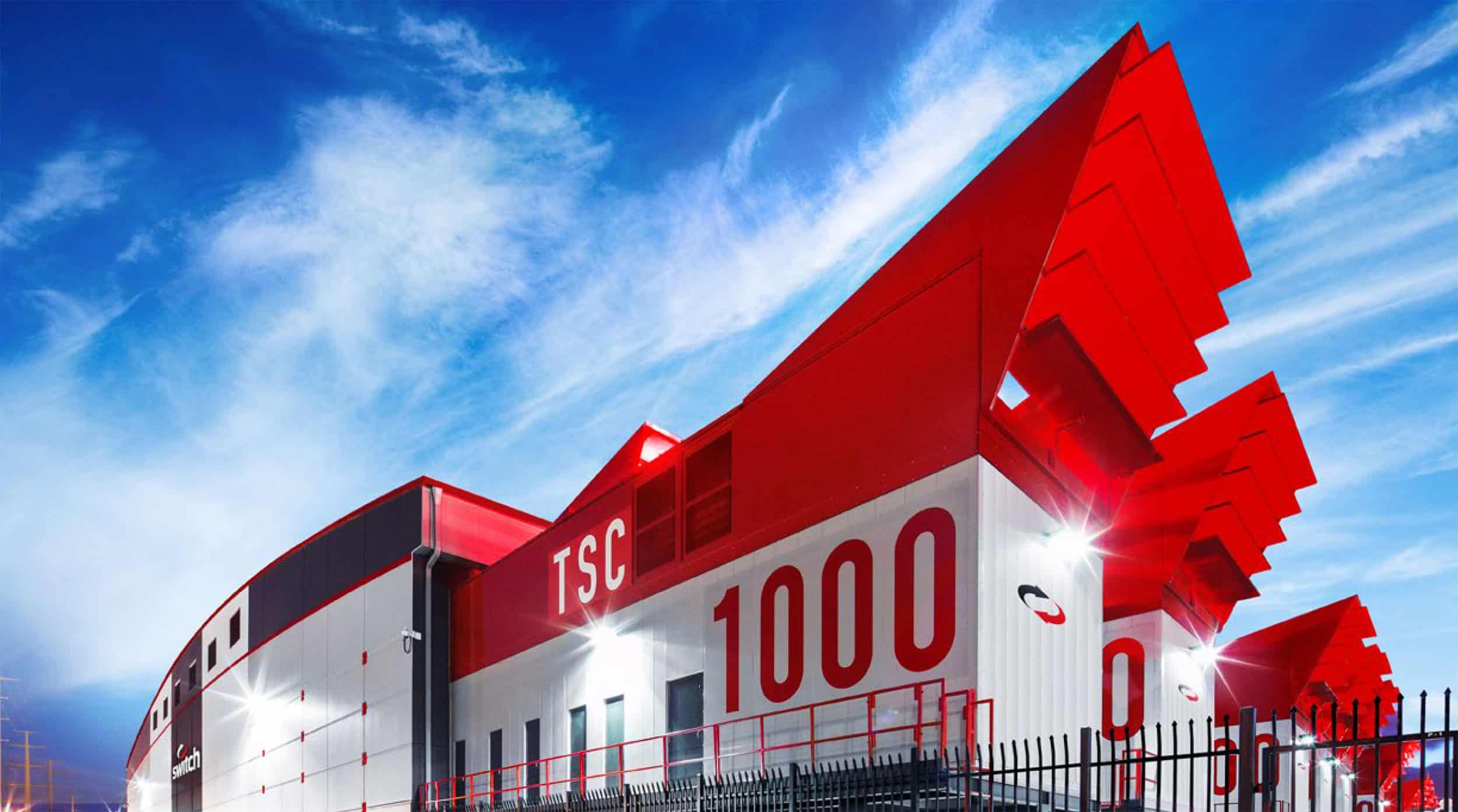 MENU
MENU
 MENU
MENU

Our Data Center Operations (DCO) team is responsible for conducting regular maintenance on all data center facilities and critical systems equipment operated by Switch.
DCO maintains 100% uptime to our clients while ensuring the health and safety of our critical systems staff.
Through the development of its policies, Standard Operating Procedures (SOP), Method of Procedures (MOP), and detailed operational scripts, DCO Systems is committed to maintaining the critical systems assets that are integral to our business. All critical systems assets are maintained in accordance with manufactures’ recommended practices to ensure maximum availability to our clients, as well as strict adherence to safety protocols for all employees, clients, and third-party vendors.
Using a committee-based approach, DCO procedures are reviewed annually to ensure all maintenance practices are compliant with industry regulations and updated to reflect evolutions in manufacturing design. Critical systems maintenance is performed internally by trained and certified DCO Systems Technicians, and externally by factory authorized vendors.
This enables us to maintain a system of checks and balances, and ensure that equipment is being maintained in accordance with recommended practices.

DCO Systems management has a developed quality control process for facility management and our technicians are trained to review all critical systems work performed.
Before policies and procedures are published and/or amended, they must be reviewed by the SVP of Data Center Operations and other members of senior management. This is to ensure all maintenance practices remain within manufacturers recommended maintenance practices, and meet or exceed industry standards for safety and regulatory compliance.
Risk Assessment
A risk assessment is performed during the development/review of Standard Operating Procedures (SOPs), and is attached to the procedure for technicians to read, review and confirm the risk assessment before beginning work. This risk assessment includes a review of safety and operational hazards, as well as any history of events that may pose risk to client service delivery.
Employee Training
New employees go through an extensive 90-day onboarding training program to include fundamental training on all critical facility assets, safety requirements, and any administration tools needed to perform daily work functions. After the 90-day on-boarding period, technicians enter into a tech-leveling program. This involves on-the-job training, advanced courses, and factory/manufacturer training sessions to fully certify technicians before performing required critical tasks. In addition, DCO Systems offers ongoing training opportunities to ensure that employees remain up-to-date with required recertifications and bring safety to the forefront. Hazards around critical assets are common, and DCO Systems has a dedicated representative to build safety awareness among employees, and ensure assets are being maintained in a manner that minimizes risk.
Emergency Response, Incident Investigation, and Corrective Action
Emergency response procedures, or emergency operating procedures (EOPs), are evaluated and tested regularly through controlled drills. Any incident involving a systems failure/fault or safety concern (including near miss), is followed up with a Root Cause Analysis (RCA) and an After Actions Report (AAR) investigation. The purpose of the RCA is to summarize the incident or event, identify the root cause, and document immediate actions taken to resolve the issue. The purpose of the AAR is to identify all possible actions or solutions to minimize/ eliminate future incidents, and track all policy changes.

Safety audits and reporting, including OSHA/NFPA, are managed by Switch’s Security Operations team. DCO Systems is in contract with environmental consultants to provide assistance in establishing permits and identifying reporting gaps for environmental audits. DCO Systems also works with water safety consultants to establish a water safety program in accordance with new 2018 ASHREA 188 standards surrounding legionella.
Upon the installation of any new client equipment, DCO Systems recommends failover testing and provides support to each client to perform such tests. In addition, Switch’s SLA/AUP recommends all clients perform self- administered failover tests on their equipment bi-annually throughout their deployment period. At least once per year during the scheduled annual UPS maintenance, DCO Systems transfers each clients’ critical load to a backup generator. This is a controlled (i.e. “closed”) transfer, meaning that no loss of power occurs during the test.
Switch maintains a library of additional policies and procedures to ensure its services are Tier 5 Platinum compliant and meet Switch’s aggressive sustainability standards. Switch secures these policies on site, to avoid the security risks of espionage, terrorism, sabotage, and cyber-attack, inherent in unauthorized duplication, proliferation, or exploitation of these policies. If you would like additional detail or an on-site tour of Switch’s facilities to inspect these policies, please contact the Investor Relations Team (investorrelations@switch.com) or the Switch Policy Team (policy@switch.com).


![]() As part of our pledge to meet the recommendations of the Task Force on Climate-related Disclosures (TCFD), we have addressed four recommended topics in this report: Governance, Strategy, Risk Management, and Metrics and Targets.
As part of our pledge to meet the recommendations of the Task Force on Climate-related Disclosures (TCFD), we have addressed four recommended topics in this report: Governance, Strategy, Risk Management, and Metrics and Targets.
Switch maintains a library of additional policies and procedures to ensure its services are Tier 5 Platinum compliant and meet Switch’s aggressive sustainability standards. Switch secures these policies on site, to avoid the security risks of espionage, terrorism, sabotage, and cyber attack, inherent in unauthorized duplication, proliferation, or exploitation of these policies. If you would like additional detail or an on-site tour of Switch’s facilities to inspect these policies, please contact the Investor Relations Team (investorrelations@switch.com) or the Switch Policy team (policy@switch.com).